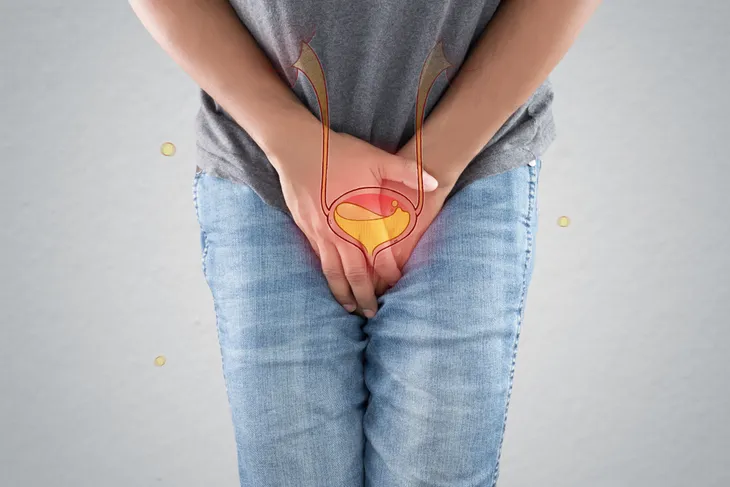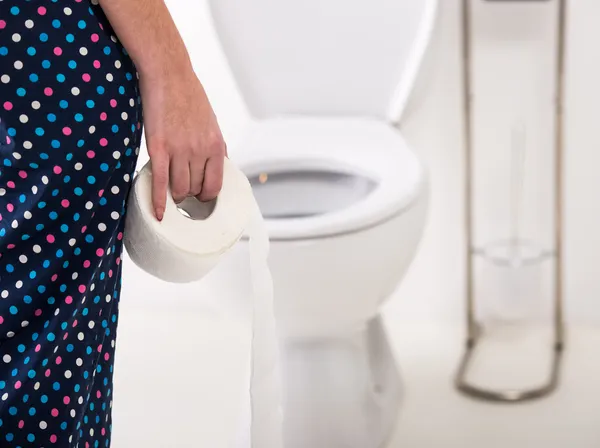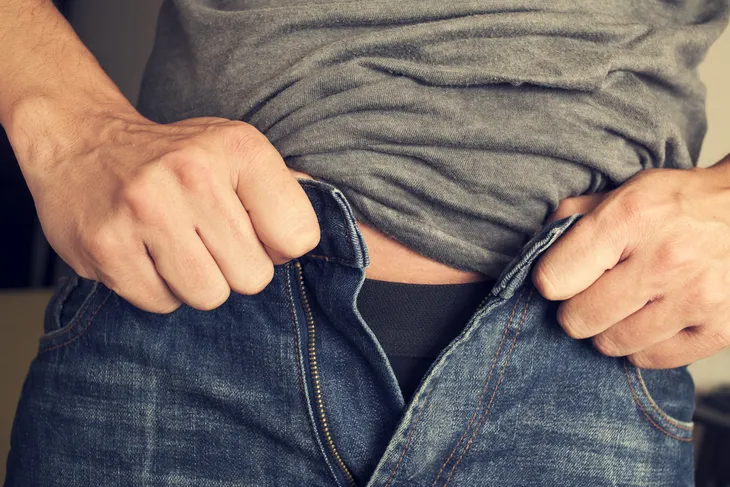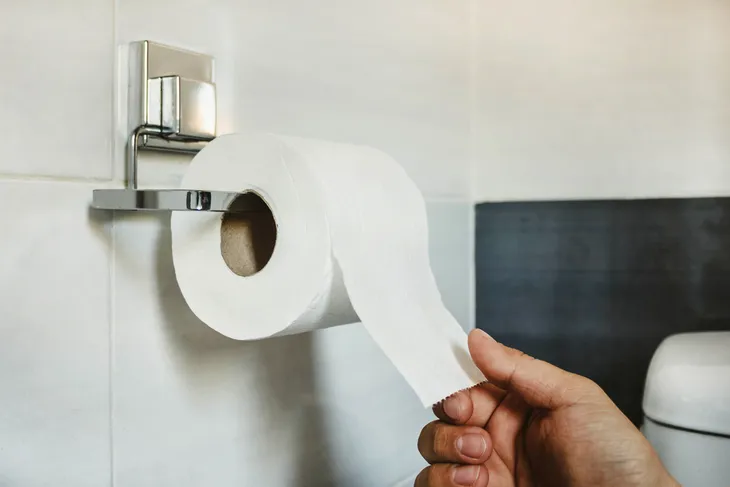When you think about it, the bladder is one of the most important organs in the body. After all, it’s responsible for helping the body flush out liquid waste. It’s an ongoing task that can occur many times a day and often sees adults pass roughly a quart and a half of urine every single day.
Despite playing such an important role in helping maintain our health, the bladder is a highly dynamic organ that changes a great deal as we age. Often, these changes involve the bladder becoming more active, requiring individuals visit the washroom more times each day. Additionally, the bladder can face health challenges as we age, though this depends a lot on how we treat this important organ over the course of our lives. So, what can you do to maintain your bladder health?
Limit Alcohol Consumption
Drinking too much alcohol presents the body with a number of problems. For one, it damages the liver, a crucially important organ responsible for filtering out toxins. In time, excessive alcohol consumption can do a lot of damage to the liver and may even lead to liver disease, which can prove fatal.
Drinking excessively can also place a lot of pressure on the bladder, since it has to process the excess fluid and pass it out of the body. As we age, we tend to need to flush out our bladders more, and drinking alcohol a lot can compound this problem. If you don’t have other health conditions then you may not need to completely avoid drinking alcohol, but it’s wise to keep consumption of alcoholic beverages in check, particularly if one has health issues with their bladder.
Limit Caffeine Consumption
We don’t often think of caffeine as a drug, but that’s exactly what it is. These days, caffeine may be one of the most popular legalized drugs, as it’s available in many forms: drinks like tea, coffee, soda, and energy beverages; pre-workout powders; and supplements taken in pill form. Every day, billions of people around the world turn to caffeine to help them wake up and carry out their daily activities.
This is a problem for the bladder, which is responsible for flushing out liquids like coffee, tea, and soda. The problem is that caffeine acts as a diuretic, meaning it may result in the body flushing out too much fluid and leaving an individual dehydrated. Research on this topic is by no means complete, but the consensus seems to be that individuals concerned about their bladder health should limit their consumption of caffeine.
Avoid Holding in Urine
One of the simplest and easiest steps you can take to maintain bladder health is to avoid holding urine in for an excessive amount of time. While we often find ourselves in situations where we have to hold off on going to the washroom, it’s important to avoid doing this often, as it can damage the muscles surrounding the bladder and make it more difficult to accurately judge when it’s really necessary to use the restroom.
To ensure your body gets a chance to flush out liquid waste when necessary, try to schedule enough time in your day for trips to the bathroom. Additionally, try to know where restrooms are so you can use them. This is especially important if you have bladder issues.
Avoid Drinking Late at Night
If you’re like the millions of Americans who get up each and every night on at least one occasion to empty your bladder, then it’s a good idea to limit how much liquid you consume later in the evening. This will help increase your chances of sleeping through the night and getting the quality rest your body requires.
It’s especially important to avoid consuming drinks that can irritate the bladder and cause you to get up one or more times at night. This includes caffeinated beverages like coffee, tea, and soda, as well as alcoholic drinks like beer, wine, and spirits. As a rule, try to limit your drinking within two hours of bedtime and try to keep that drinking to water, juice, and decaffeinated soda, tea, or coffee.
Don’t Rush Urination
Want to keep your bladder healthy and functioning the way it should? Then always give yourself enough time to urinate and avoid rushing away from the washroom before your bladder has had a chance to completely empty.
This can take some time and will be longer for some people compared to others, but it’s the best way to help you avoid damaging your bladder or going to the washroom more than necessary. If you’re a male, it may help to sit instead of stand for urination, as this can help ensure your bladder is emptied completely.
Follow Sex with Urination
It may sound a little strange, but it’s actually quite important for men and women to follow sexual intercourse with a trip to the washroom. That’s because sex, and especially unprotected sex, can leave us with bacteria in the most sensitive parts of our genitals.
By urinating shortly after sex, you can help to flush much of this bacteria out, significantly decreasing the chance of developing an irritating infection, such as a urinary tract infection. To maximize the removal of this bacteria, follow urination by taking a shower.
Avoid Tight-Fitting Clothing
Even the clothes you wear can have a significant impact on your bladder health. That’s because loose-fitting clothing, such as cotton underwear, like boxers, can allow the urethra to dry. By wearing tight-fitting clothing, you limit the urethra’s ability to dry out, while increasing the chances that moisture will be trapped and encourage the growth of bacteria. In time, this could result in the development of an irritating or even painful infection.
It may not be possible to wear loose-fitting clothing at all times and in all places, such as during the work day, but try to change into this type of clothing when you get home at the end of the day.
Front to Back
After women use the restroom they need to wipe themselves front to back. This is especially important after bowel movements, reports the National Institute of Health. When you wipe from front to back you are keeping the bacteria from the colon away from the urethra. If you were to wipe the wrong way, back to front, you’d be bringing all that bacteria to your urethra and potentially causing an infection.
This is a simple habit change that can make a huge difference in your bladder health. Who would have thought how you wipe your bottom could be so important?











